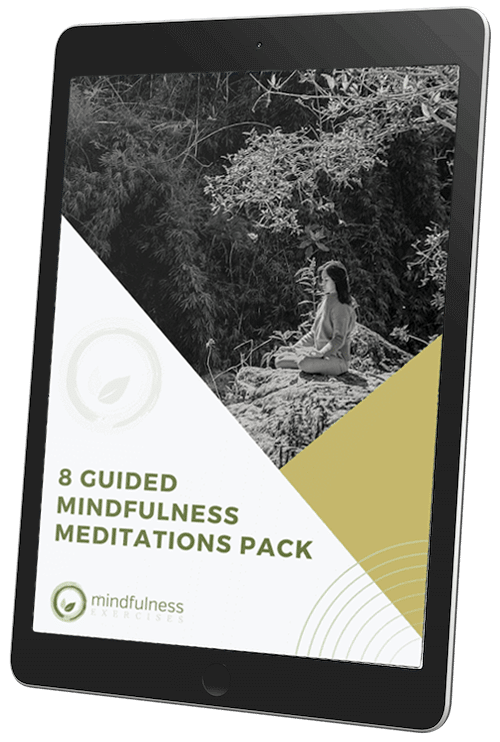Enter your name and email address to download this ebook.
Here Is Your Free Ebook:
Pilgrim’s Way
“Chomp, chomp, chomp! Slurp!” Something devilish about that sound, a deliberately provocative prod to assail my meditation. When the eyes are closed and the mind turned inward, you feel that the world should leave your unguarded hearing alone. (It doesn’t.) Let alone such lip smacking in the middle of the night on a rooftop in New Delhi when I am seeking to contemplate higher things. “Chomp, chomp, chomp! Slurp, slurp!” It must be just beside my left shoulder. A slow turn and opening of the eyes reveals only the brown black murk that is a slurry of night sky, smoke and dust; and a tree back beyond the roof whose branches extend overhead. In front of me beyond the parapet is the street, still half alive with a cycle-rickshaw driver rocking and aimlessly pirouetting his bike while sporadically conversing with someone squatting on the road; a few people on the pavement, children mostly, asleep in blankets; scraps of paper tumbling spasmodically when the dull air rolls in its sleep: New Delhi’s Chelmsford Road, at night, half lit with yellow sodium lights, lacks the energy of a full-blown hell. No slobbering imps here. No, the sound again comes from behind and above: something dark moving, hanging upside down under the tree—flapping, beating leathery wings, then still and chomping. “Giant fruit bat,” comments Nick-Who-Knows when I go over to where he is slumped.
Eating upside-down is anyway no more contrary than sitting and pacing on a roof in the moonlight. It depends what position you take. For us this full moon night of November 2 is the uposatha night. In the time of the Buddha, the Sangha would sit up on these moon nights meditating and giving talks until dawn. In the forest monasteries of Thailand and Britain, we still carry out this observance. Or attempt to. Having arrived in New Delhi only yesterday at two in the morning after a flight from Heathrow, we’re jetlagged and in a time warp, but we might as well get used to it—disorientation is going to be a normal mind state for the next six months at least. If we survive. Our aim is to walk around the Buddhist holy places of Uttar Pradesh and Bihar and then head for Kathmandu; avoid the main roads, wander across country living on alms food and whatever…. “It’s a bit risky,” said Nick a few months ago, “I’ve made out my will and given away any money that I had left in Britain.”
“I can arrange a car for you!” Ravi, an Indian guest at my home monastery, had exclaimed. “Bihar is very dangerous! Bandits, murderers— no one travels on foot in Bihar!” Or sleeps out in the open. However, Bihar and the eastern section of Uttar Pradesh were the “Middle
Country,” the land where the Buddha was enlightened and wandered teaching for forty-five years. “Bihar” even comes from the old word vihara, meaning a dwelling place for a Buddhist monk. Remains of some of the old viharas were still visible. After the death of the Buddha, the Middle Country—then called Magadha—prospered as the centre of the empire of the Buddhist monarch Ashoka (268–231 BCE). Some of the stupas that he erected over portions of the Master’s ashes, as well as towering pillars engraved with the emperor’s edicts on righteous conduct, still loom over the paddy fields of the Ganges plain. Even after his death and the dissolution of the empire, the wisdom of the Buddha continued to mould the culture: from the middle of the first millennium, great Buddhist universities such as Nalanda, a light of learning unparalleled in the world in its time, arose in this region. It fell in 1200 to Turkic raiders. And now? With a 26 percent literacy rate, there is some justification for Ravi’s comment that “Only the Buddha could have got enlightened in Bihar; the people are the stupidest in India. And if when you’re driving at night, you come across somebody lying across the road, don’t stop, drive over them! It’s a ruse, you see … sometimes it’s a woman with a baby in her arms by the side of the road, you stop, and they come out of the bushes and jump on you …”Well, really….
Anyway, there was never any question in our minds but that we would be walking. We were going on a pilgrimage, not a sightseeing tour; so the logic was to walk and be absorbed into India as much as absorbing it. A pilgrimage has to be about surrendering oneself, to allow a new centre of being to develop. To realize, rather than to travel, is a pilgrim’s aim and momentum.
It’s difficult to keep that clear. Yesterday night as we were arriving above India in the tightly controlled space of a DC10, the fake detachment of soaring above it all had given me a last chance to recollect the pilgrimage in visionary terms. Below was the arena for spiritual development— the turmoil to be at peace with, the determined journey to no apparent destination. Then began the slow wheeling down from that lofty space. Soon I knew the mind would be wanting things to go “my” way, squabbling over petty inconveniences, hungering after trivia; according to Indian religious thought it was inevitable—forgetting one’s higher nature is an essential part of the spiritual journey.
Down we had plunged, from where Delhi seemed to be a cluster of gems twinkling on the dark breast of Mother India, into the pattern of lights on the airfield and the concrete maze of human structures eager to pull us in. India had absorbed so many on this Ganges plain: the Aryans had flowed down here in the second millennium C.E., with sacrifice and liturgy to benevolent gods—she had slowly replaced their deities with a divinity of shifting forms and a thousand names. Long after the Aryans, the Greeks had inched in, thought better of it, and returned to more manageable philosophies—she captured some of their generals and made them into Indian kings. Iranians and Afghans and Turks and Mongols had stormed down this plain to grab and plunder— she had swallowed and digested their cultures and languages.
Emperors had marched up and down—Alexander, Ashoka, Kanishka, the Guptas, Harsha, Babur, Akbar, and, in absentia, Victoria—the remains of their visions were still crumbling into separatism and ethnic conflict. The land had borne millions of farmers, traders and administrators occupying one of a thousand subcastes and clans; a hundred thousand saints, pilgrims, and yogis following one of a thousand gods, gurus, prophets, or scriptures. Here Mother India murmured the human fugue in a hundred languages. No wonder Indian scriptures and epics assume that all the world is contained in this land.
–
If you liked this free mindfulness ebook and would like to make a direct financial contribution to this teacher, please contact them here: http://ajahnsucitto.org/
–
Material on this site is licensed under a Creative Commons Attribution-Noncommercial-No Derivative Works 3.0 License
Enter your name and email address to download this ebook.






